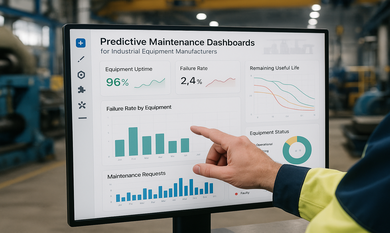Cloud computing is no longer just a technology trend; it’s the foundation of digital transformation. As companies move more workloads to the cloud, one major decision arises: should you adopt a multi-cloud or a hybrid cloud strategy?
Both models help businesses scale, innovate, and reduce operational costs, but they serve different purposes. Understanding these differences is key to choosing the right fit for your organization.
Understanding Multi-Cloud and Hybrid Cloud
Multi-cloud means using multiple cloud providers, such as Amazon Web Services (AWS), Microsoft Azure, and Google Cloud, to host applications or store data. This approach allows businesses to leverage the best features of each provider, avoid vendor lock-in, and ensure better uptime.
Hybrid cloud, on the other hand, combines private and public clouds, allowing organizations to keep sensitive workloads on-premises while using the public cloud for scalability and cost efficiency.
For example, Walmart uses a hybrid cloud setup to maintain control over sensitive retail data while using public cloud resources for analytics and customer experience optimization.
Key Differences Between Multi-Cloud and Hybrid Cloud
While both models involve multiple cloud environments, the difference lies in how they integrate and operate:
- Multi-cloud: Utilizes different public cloud providers for various workloads.
- Hybrid cloud: Combines private cloud infrastructure with one or more public clouds for flexibility.
For example, Airbnb uses a multi-cloud setup with AWS and Google Cloud to improve redundancy and ensure smooth service globally. In contrast, JPMorgan Chase leverages a hybrid cloud approach to manage sensitive financial data while maintaining agility and scalability.
Advantages of Multi-Cloud
A multi-cloud strategy gives organizations the freedom to select the most efficient services from multiple vendors.
Key benefits include:
- Vendor independence: Reduces dependency on a single provider.
- Better performance: Workloads can run closer to end-users for reduced latency.
- Higher reliability: If one provider experiences downtime, operations continue on another platform.
For instance, Netflix uses a multi-cloud approach for streaming and content delivery. By distributing workloads across several providers, Netflix maintains uninterrupted services and fast streaming speeds worldwide.
Advantages of Hybrid Cloud
A hybrid cloud model is ideal for businesses that need both control and flexibility. It supports data security, compliance, and scalability by connecting private and public environments.
Hybrid cloud benefits include:
- Data sovereignty: Sensitive data remains within private infrastructure.
- Scalable capacity: Public clouds manage workload spikes efficiently.
- Regulatory compliance: Industries like healthcare and finance can meet strict data protection standards.
General Electric (GE) is a strong example of hybrid cloud success. GE uses a hybrid setup to analyze industrial data securely while ensuring agility across its global operations.
Which Cloud Model Fits Your Business Best?
The right model depends on your goals, compliance needs, and infrastructure maturity.
Choose multi-cloud if your priorities are flexibility, performance, and reduced vendor dependency. Choose hybrid cloud if your focus is on compliance, data protection, and scalability within a controlled environment.
Businesses adopting enterprise cloud adoption strategies should assess their long-term digital goals and select optimized cloud infrastructure that supports both performance and cost efficiency.
How These Cloud Models Enable Business Agility
Both hybrid and multi-cloud environments help businesses modernize operations and scale effectively.
They promote:
- Cloud cost optimization through resource allocation.
- Cloud service integration to connect apps and systems seamlessly.
- Business cloud flexibility to adapt quickly to market changes.
Healthcare organizations, for instance, work with digital healthcare solution provider Dallas teams to use hybrid models that ensure patient data privacy while enabling cross-platform access for doctors and patients.
Real-World Example
Spotify, a global music streaming giant, transitioned to a multi-cloud setup using both Google Cloud and AWS. This helped the company improve scalability, optimize storage costs, and ensure uninterrupted streaming.
Meanwhile, American Express adopted a hybrid cloud strategy to balance security and agility. By keeping sensitive payment data on private servers and using the public cloud for analytics, it improved transaction efficiency and reduced risks.
In a similar way, companies integrating custom software development services Dallas TX into their hybrid infrastructure can leverage AI-driven analytics while maintaining strict data controls.
Another example is a logistics firm that adopted cross-platform app development services in Dallas to streamline delivery tracking across multiple cloud systems. This approach improved real-time visibility and operational performance.
The Future of Cloud Computing
The future of cloud adoption will blend both models. Many enterprises are moving toward hybrid-multi-cloud ecosystems that combine scalability, compliance, and performance.
As businesses grow, partnering with experts offering the best cloud consulting services Dallas TX can ensure seamless integration and management of cloud environments.
Conclusion
Whether your business is exploring hybrid or multi-cloud adoption, making the right choice requires expert insight.
Partner with Theta Technolabs, a trusted Web, Mobile, and Cloud solutions provider. Our cloud consulting services Dallas help businesses create secure, scalable, and optimized architectures tailored to their needs.
📩 Contact us at sales@thetatechnolabs.com to start your cloud transformation journey.
FAQs
1. What is the difference between multi-cloud and hybrid cloud?
Multi-cloud uses multiple public cloud providers, while hybrid cloud connects private and public clouds into one system.
2. What are the main benefits of multi-cloud strategies?
They include vendor flexibility, improved uptime, and better workload distribution.
3. Why do financial institutions prefer hybrid cloud models?
Hybrid clouds offer better data control and compliance, which is critical in financial services.
4. How do hybrid and multi-cloud support enterprise cloud adoption?
They enhance agility, optimize costs, and improve scalability across workloads.
5. Can startups benefit from hybrid or multi-cloud setups?
Yes, startups can leverage scalable IT cloud models and business cloud flexibility to grow efficiently and manage costs.



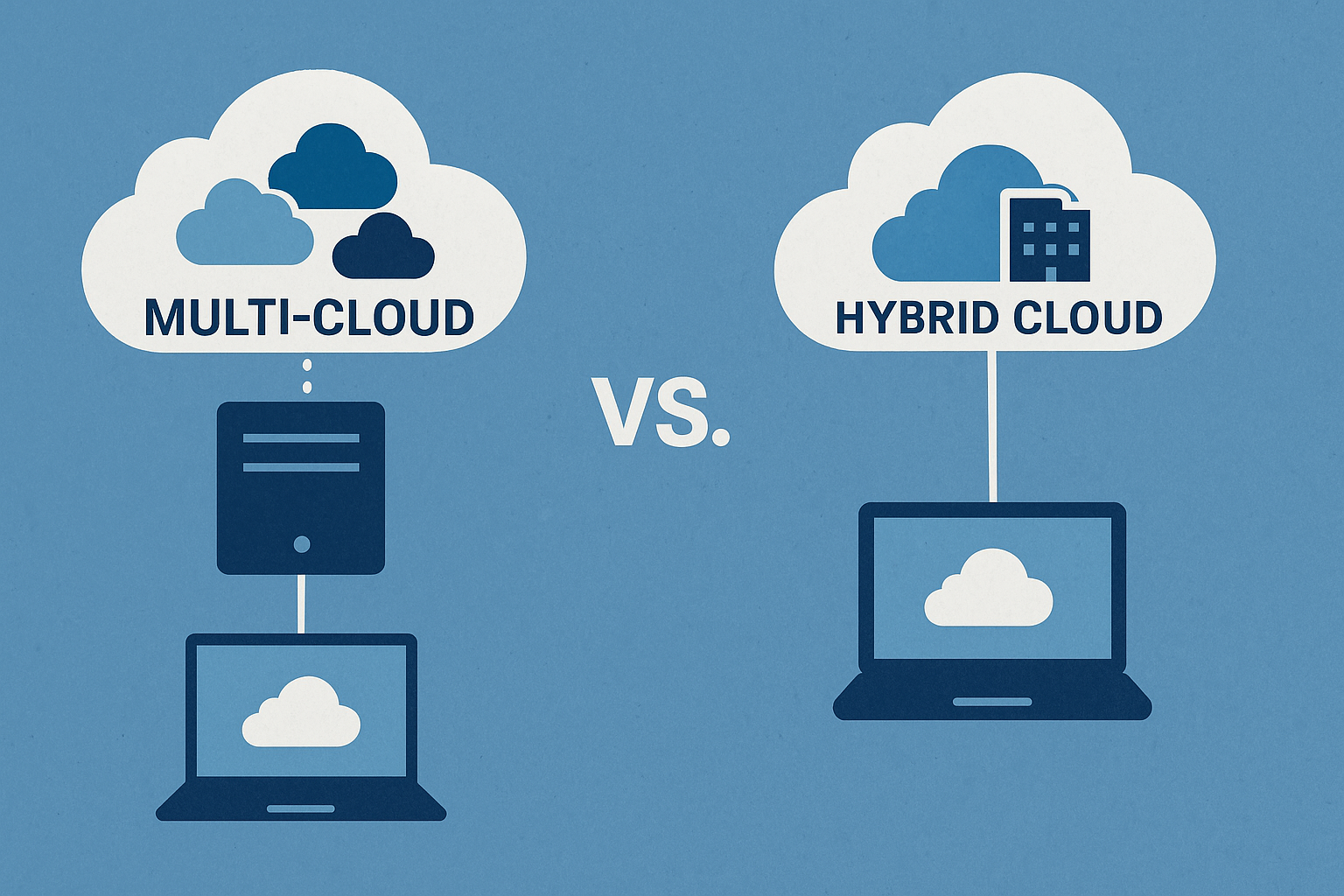













.png)
























.png)

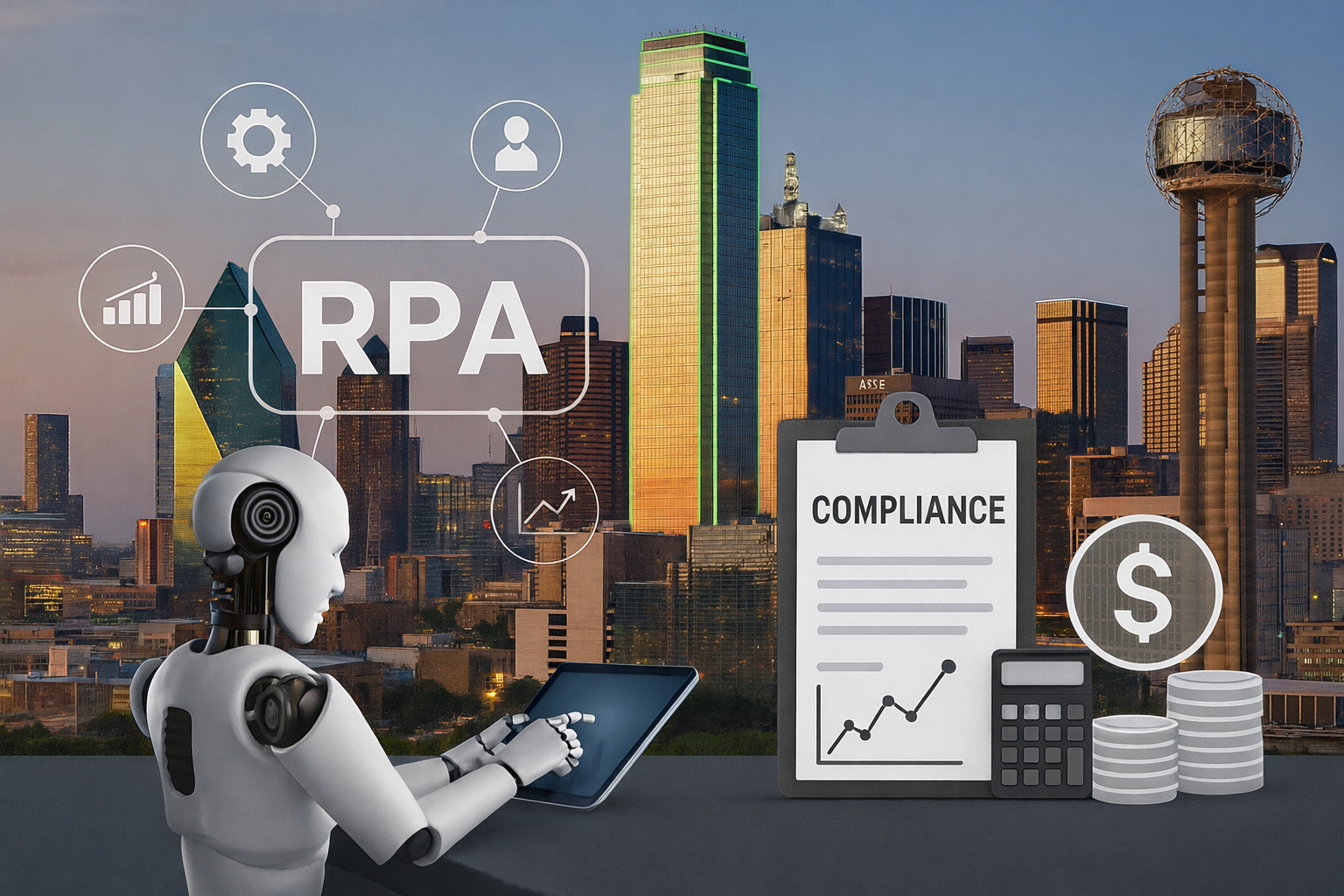

.png)



.png)








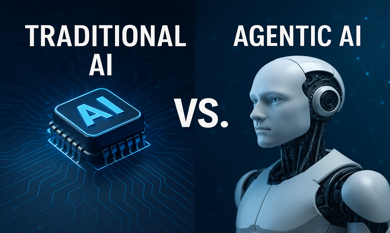








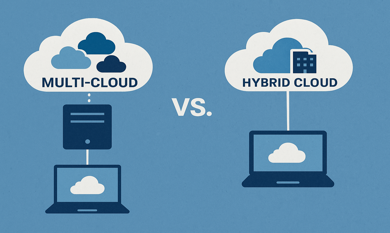

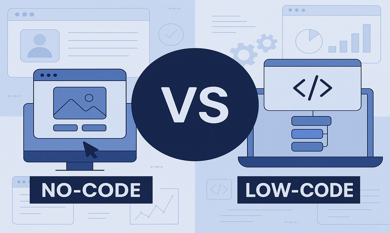








.png)
.png)






.png)

.png)
.png)
.png)


.png)
.png)
.png)
.png)

.png)





